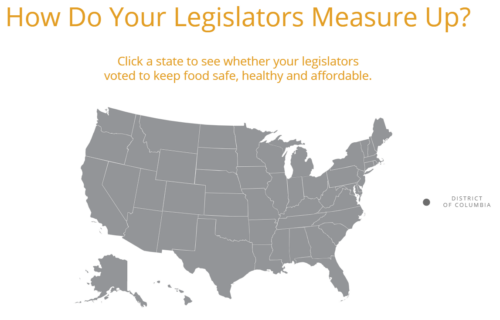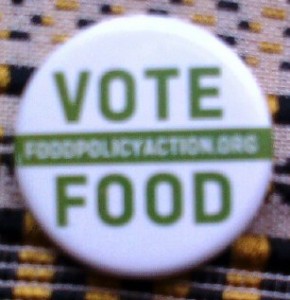I was riveted by this report in the Wall Street Journal: USDA Is Fast-Tracking Requests to Yank Soda From Food-Stamps Program.
The Agriculture Department is fast-tracking state requests to yank soda and candy from food-stamp programs. Arkansas and Indiana are among the first in line.
Both states Tuesday said they were seeking clearance from the USDA to implement the changes, and Agriculture Secretary Brooke Rollins said her agency would move “very, very quickly” to approve them.
“That’s exactly the vision of making America healthy again,” Rollins said in an interview. “I am 100% certain that these changes will be nothing but positive for those underserved communities that are food challenged.”
In a statement on Twitter (X), Secretary Rollins said,
It’s disappointing that the American Beverage Association’s leadership dragged its entire membership—and the patriotic American workers and their families they employ and represent—into direct conflict with this Administration’s priorities for American health, well-being, and taxpayer protection. These priorities—which those same American workers voted to endorse—will prevail.
I’m also riveted by the American Beverage Association statement that provoked her remarks
It’s disappointing that Governor Sanders and Secretary Rollins are choosing to be the food police rather than take truly meaningful steps to lift people off SNAP with good-paying jobs. Nearly 80 percent of families on SNAP work, they just don’t make enough to make ends meet. Low-income working families were promised a new, better era and not to be left behind again. Instead, they’re being denigrated and treated like second-class citizens.
WHAT? The American Beverage Association is also sounding like me when it comes to root causes of poverty in America? I never thought I would hear anything like this from that organization.
OK, so what’s going on here.
Let’s start from the beginning. When Congress was considering authorizing food stamps in 1964, a few foods were excluded from benefits, soft drinks among them. But lobbying from soft drink companies and retailers (who make money from soda purchases on food stamps) quashed that idea.
About ten years ago, a presidential commission on SNAP (the successor to food stamps), on which I served, recommended pilot projects to test the effectiveness and recipient responses of adding sugary beverages to the small list of foods that cannot be purchased using Electronic Benefit Transfer (EBT) cards. Several states and cities petitioned the USDA for “waivers” that would allow them to run pilot projects. In all cases, the USDA rejected the proposals.
The Trump Administration USDA is reconsidering.
This is not a simple issue.
PRO:
Public health: Sodas contain sugars but nothing else of nutritional value (empty calories), and are well documented to derange metabolism, increase calorie intake, and to be associated with obesity and chronic disease.
Political: SNAP recipients spend too much money on sodas; taxpayers should not support unhealthful food choices. SNAP recipients could continue to buy sodas with their own money, just not EBT cards.
CON
Anti-hunger: Removing sodas from SNAP constitutes government interference with personal choice, is condescending, and is unfair to people who have few ways to treat themselves.
Political: Taking sodas out of SNAP is a cover for the Republican agenda to cut SNAP benefits.
Comment
It looks like the USDA will approve state requests. I have been in favor of pilot projects for a long time, on public health grounds. But—I want to see careful research studies not only looking at changes is purchases among SNAP recipients, but also at how they perceive the new requirements.
More on this





